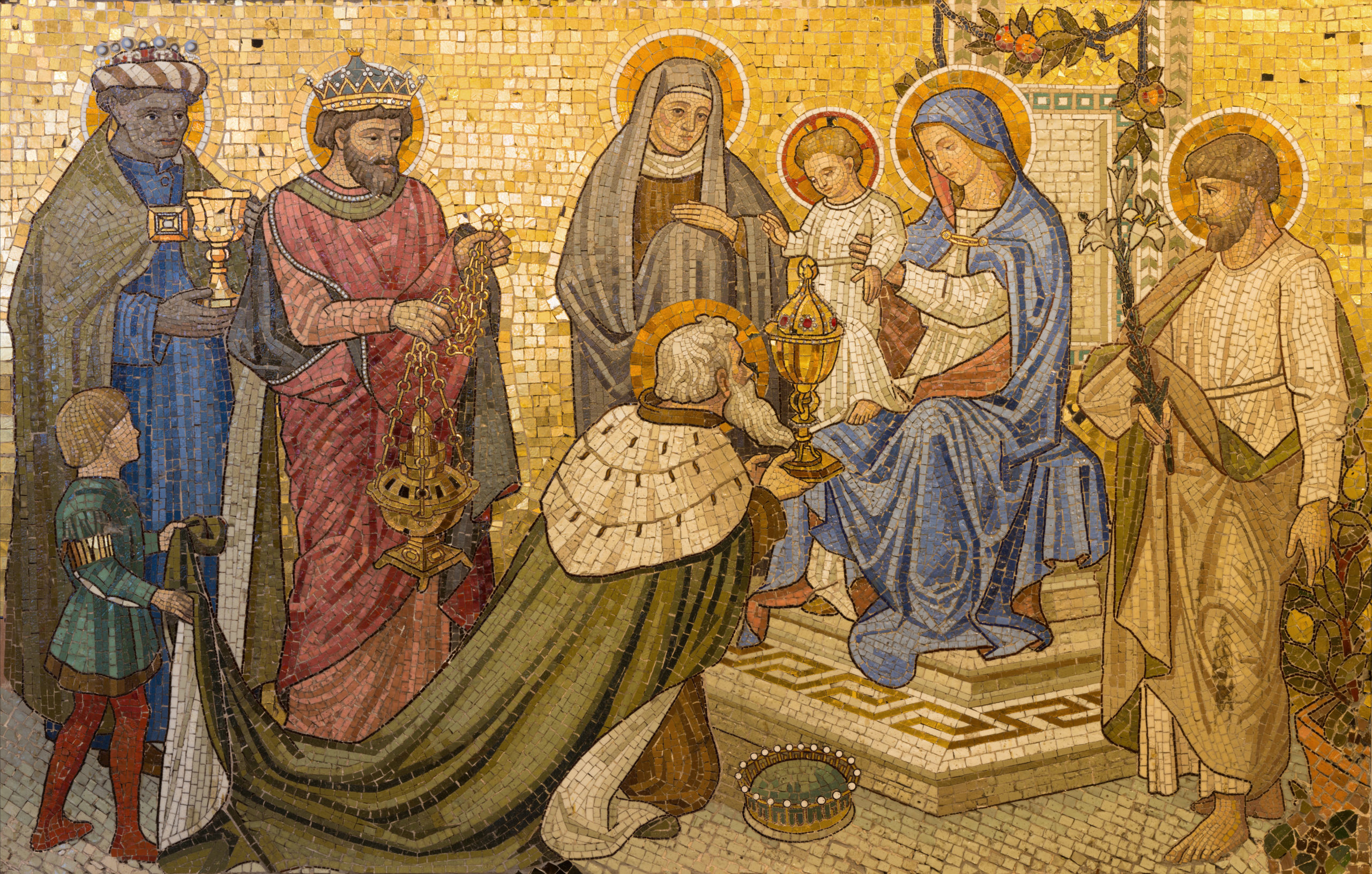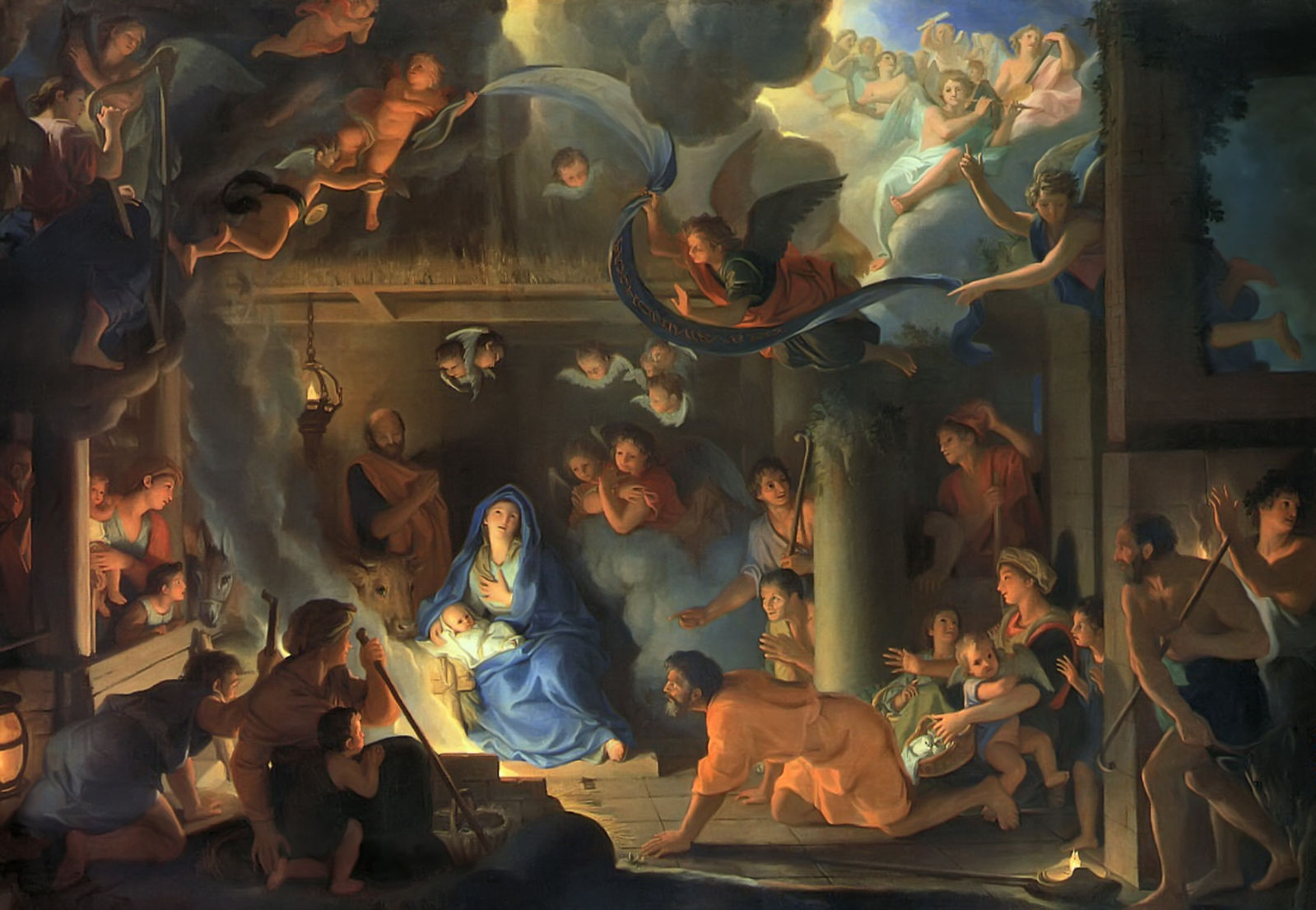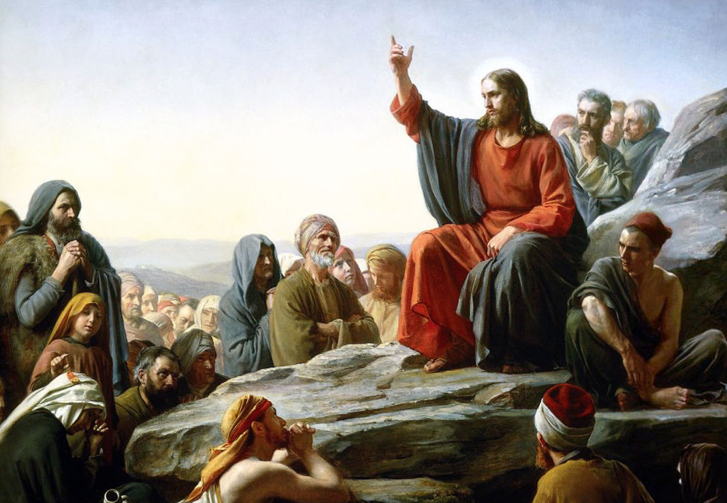Epiphany
Today is Epiphany. Just as the wise men brought their gifts to Baby Jesus, we also can present our gifts to Him. What gift can we give God? The gift He desires most – ourselves. He wants us entirely and completely. Yes, I know this may be intimidating, and we have all of our excuses lined up.
“But I’m a sinner.” Yes, I said that too. St. Peter denied Jesus. St. Paul was responsible for the persecution and murder of Christians. St. Mary Magdalene had seven demons cast out from her (I can’t even begin to imagine her sins). If Jesus forgave them and gave new life to them, there is hope for you and me.
“But I don’t want to change who I am.” I tried that one too. Who do you think gave you all your talents? Why would He bless you with all your unique gifts and then withhold them from you for choosing to follow Him? Jesus does not call us to become who we are not; He calls us to be the best selves we can be. We all have our flaws and are trying to become better, but if we give ourselves to Jesus, how much more He can help us to become the better human beings we would like to be.
“But I don’t want to give away all my stuff.” I don’t know about you, but my stuff wears out and I have no problem parting with the stuff that is old, broken, and doesn’t fit anymore. (Yes, I still have a few sentimental favorites like my son’s Baptismal outfit.) More importantly, it’s not about giving up what we want, but being happy with what we have. And if stuff really made us happy, we would not have to constantly buy more of it. If we really want the things that don’t wear out, we need to think about what treasures we are storing up in Heaven. Are we generous? Are we kind? Are we forgiving? Are we patient? Are we loving? Do we offer up our prayers, works, joys, and sufferings to God every day? These are the things offered with love that build up our treasures in Heaven.
“But I don’t want to give up my goals.” This one worried me too. I had lots of plans for my life that included starting my own business and having material success. I had my MBA and was making progress on my plan. Then I gave birth and the doctor presented my son to me. As I held him in my arms everything changed 180 degrees. I suddenly realized that I couldn’t leave him. This was the Holy Spirit at work. I told my husband, “We need to talk. I can’t go back to work. I can’t leave our son.” He smiled at me and said, “As I watched the doctor place him in your arms I realized that I didn’t want you to go back to work. I want you to raise our son. I prayed that the Holy Spirit would somehow change your mind.” Wow! No one had to drag me away from my plans. Suddenly I wanted God’s plan more than anything I have ever wanted before. This is a profound grace. My life today looks nothing like I had imagined it would; it’s even better. God’s plan has fulfilled me in ways I could never have imagined and brought me joy that I never knew existed. He wants to do the same for you if you will let Him.
This Epiphany Jesus wants the gift of you. As you are. Unconditionally. So let us approach our Baby God in the manger and bring Him the gift He desires most.





